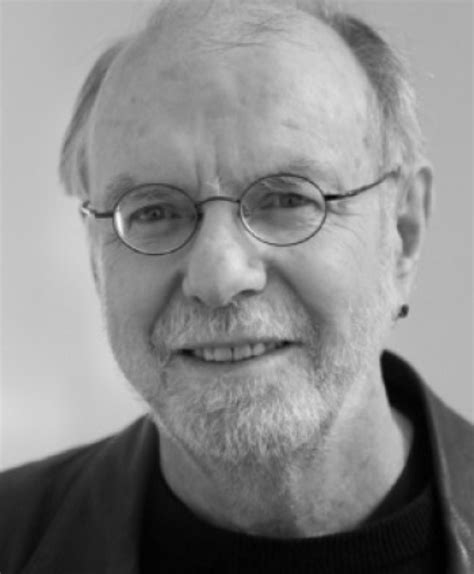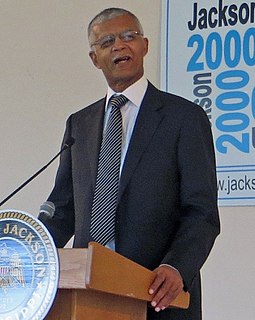A Quote by Mary Daly
Tokenism does not change stereotypes of social systems but works to preserve them, since it dulls the revolutionary impulse.
Related Quotes
Stereotypes are ways of making extremely primitive and simple differentiations. Differentiations of gender, race, class, social status - so ordinary social life is very much built upon a whole repertoire of stereotypes we carry around. And those are immediately laminated onto people, and it isn't just visual.
Is individual gender suffering relieved at the price of role conformity and the perpetuation of role stereotypes on a social level? In changing sex, does the transsexual encourage a sexist society whose continued existence depends upon the perpetuation of these roles and stereotypes? These and similar questions are seldom raised in transsexual therapy at present.
Social evolution is a resultant of the interaction of two wholly distinct factors: the individual ... bearing all the power of initiative and origination in his hands; and, second, the social environment with its power of adopting or rejecting both him and his gifts. Both factors are essential to change. The community stagnates without the impulse of the individual. The impulse dies away without the sympathy of the community.
Progress in computer science is made with the distribution of revolutionary software systems and the publication of revolutionary books. We don't need a fancy information system to alert us to these grand events; they will hit us in the face. Another good excuse for ignoring the literature is that, since everyone has strong beliefs about fundamentals but can't support those beliefs rationally or consistently convince non-believers, computer science is actually a religion.
Capitalism does not permit an even flow of economic resources. With this system, a small privileged few are rich beyond conscience, and almost all others are doomed to be poor at some level. That's the way the system works. And since we know that the system will not change the rules, we are going to have to change the system.
It is good that since the outbreak of the war with Japan, more and more revolutionary writers have been coming to Yan'an... But it does not necessarily follow that... they have integrated themselves completely with the masses here. The two must be completely integrated if we are to push ahead with our revolutionary work.
Revolutionary politics, revolutionary art, and oh, the revolutionary mind, is the dullest thing on earth. When we open a revolutionary review, or read a revolutionary speech, we yawn our heads off. It is true, there is nothing else. Everything is correctly, monotonously, dishearteningly revolutionary. What a stupid word! What a stale fuss!
In what touches their social convictions, most persons do not think. The threat of change, with all it suggests to them in the loss of social and economic privilege, alarms so deeply that they are incapable of unprejudiced thought. They seem to themselves to be thinking, with lucidity and fairness, but since they start from the conviction that change must undoubtedly be for the worse or from settled grief at the thought of losing what is old and lovely, they are doing no more than following a logical sequence of ideas from a false premise.
Wherever we are, we can call for and create these kinds of settings for authentic dialogue. This is the seedbed of social change. In a voiced community, we all flourish. But it's not easy. Revolutionary patience and persistence is required. It can be messy, it is unpredictable, and change, especially structural change takes time - time and leadership and the will of an engaged community. What is needed? In a word, courage.






































